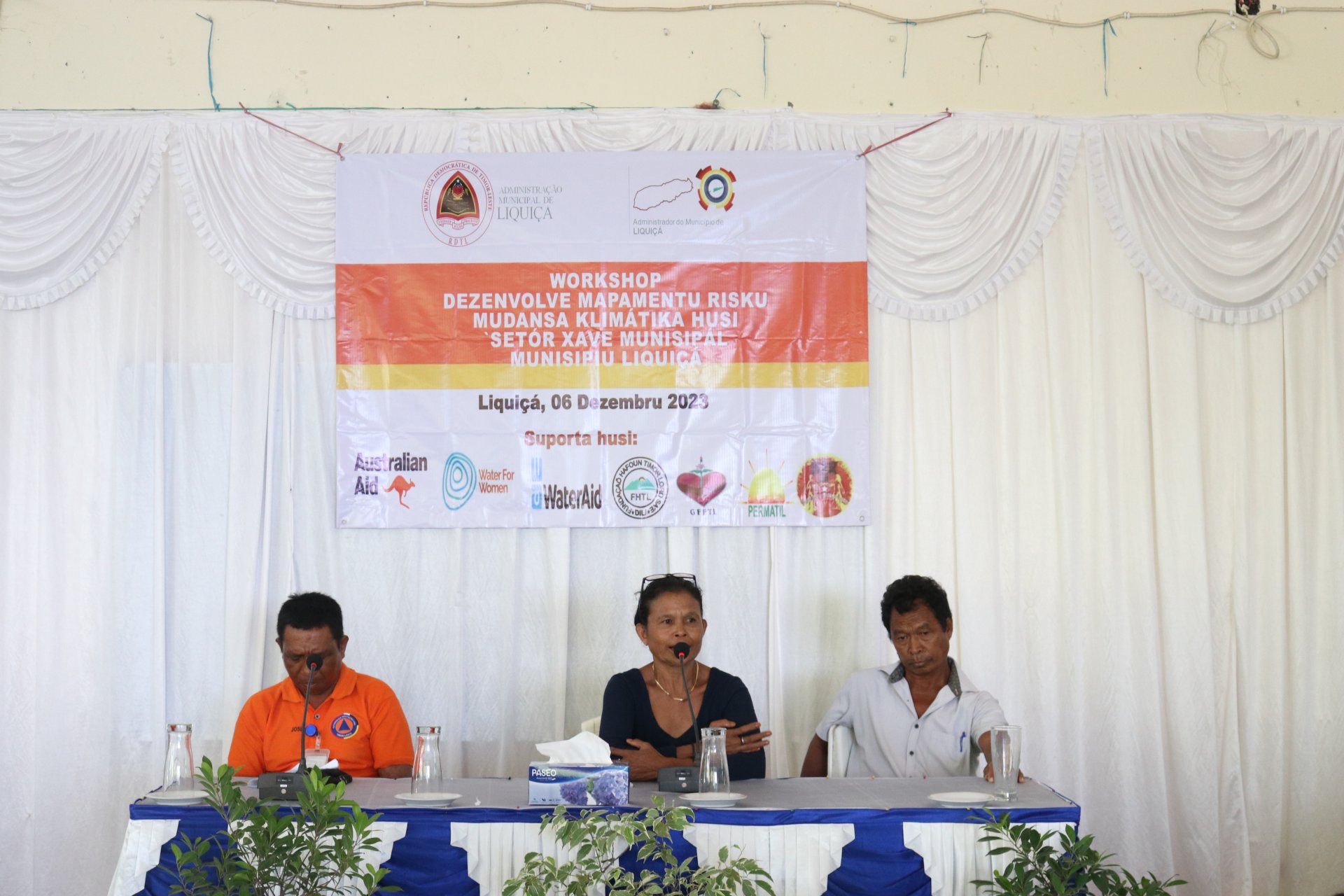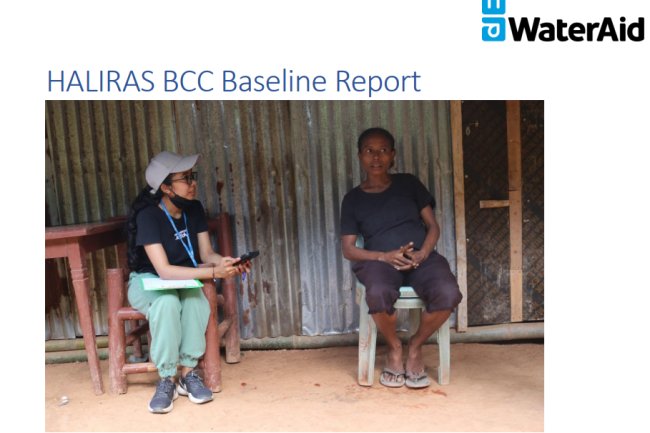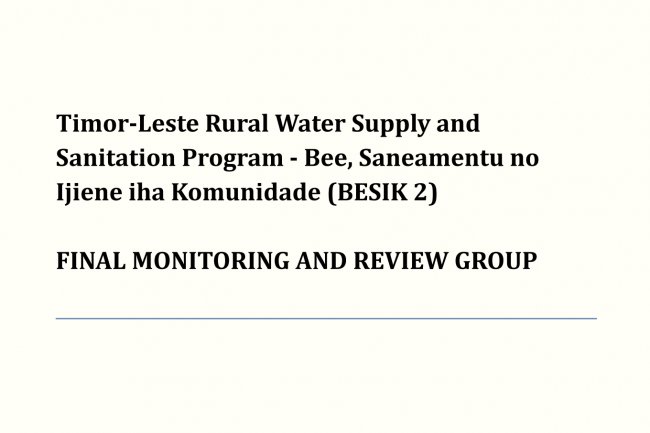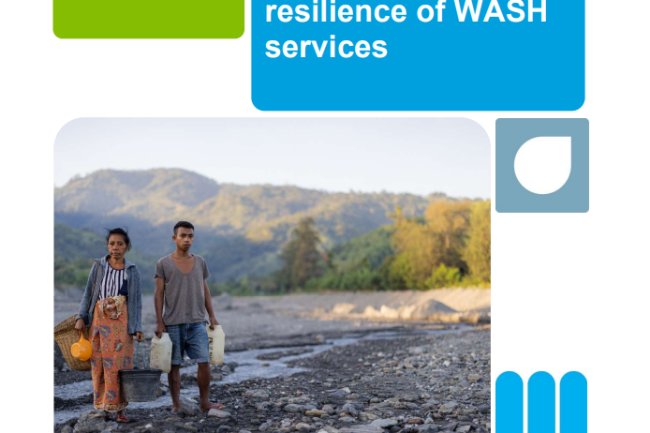Summary Report Liquiçá Municipal Climate Hazard Mapping

Timor-Leste is highly vulnerable to climate change impacts and ranked 138th out of 187 countries in the 2022 ND-GAIN Index.1 Timor-Leste is already experiencing climate change effects through increased intensity of droughts, floods, and heavy rains. These events impact seasonal availability of water for drinking, domestic and agricultural uses, and damage water, sanitation, and hygiene (WASH) infrastructure. Timor-Leste WASH sector discussions have identified that national actors are relatively aware of climate change concepts. However, sub-national government and community actors responsible for planning and delivering rural WASH services have limited access to data or frameworks to assess contextual climate risks and take steps to improve climate resilience of WASH services. Through the HALIRAS BESI project, WaterAid has supported municipalities to develop municipal climate hazard profiles of localised climate-related threats to inform municipal and village-level WASH planning.


